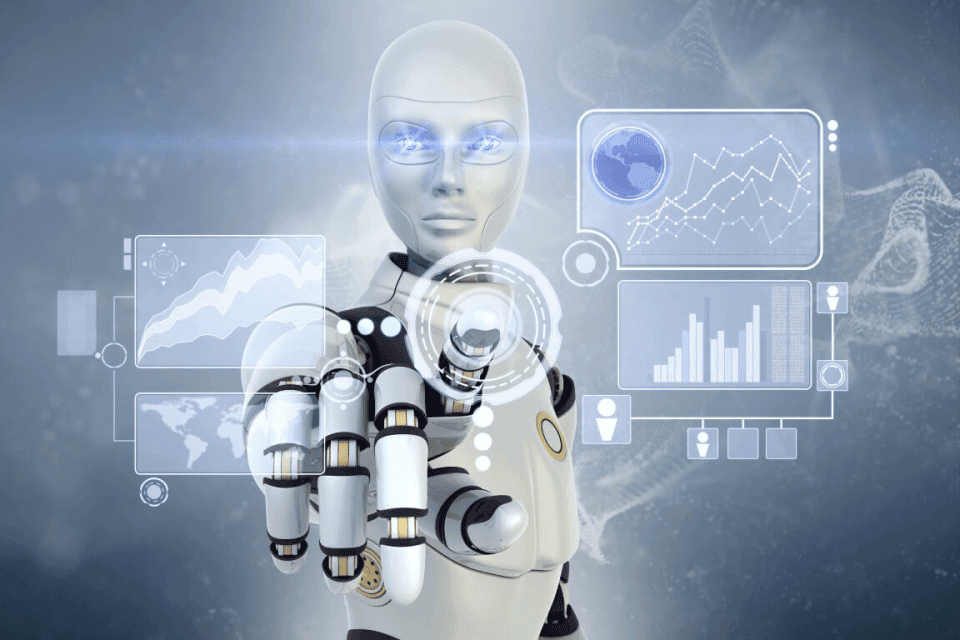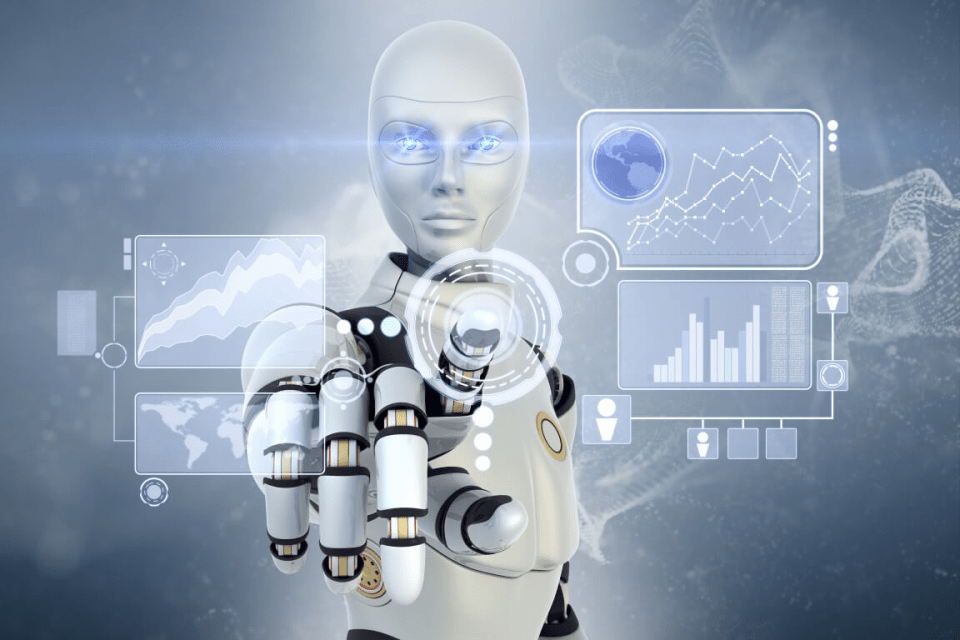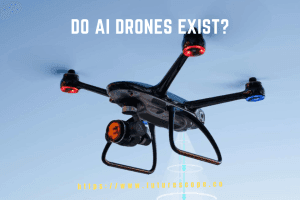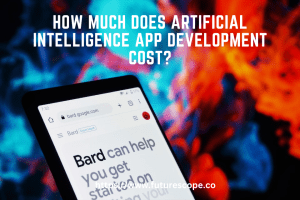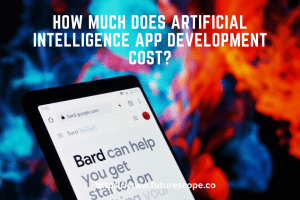What We Have Covered in This Article
Last Updated on March 9, 2021 by Editor Futurescope
The hype over AI will no doubt die down eventually and it will become part of our daily lives just like the internet. But for the next year, and probably for much longer, artificial intelligence progress is likely to continue to provoke excitement.
AI prediction experts say changes in business and society will go beyond any previous technological revolutions, providing ways not only to automate physical work but also to do “thinking” work such as planning and making decisions.
This year, AI has pushed further into the mainstream and companies are exploring its applications. The stage is set for it to change the world as we know it. In 2019 AI will continue to see increased adoption as more understanding of its many benefits grows. There are so many AI predictions 2020 and it’s quite difficult to know which of these are extreme and which really have a chance of changing our reality.
Chatbots, the Internet of Things (IoT), virtual reality and more are all hot topics of conversation. The advantage of AI is that it reproduces and activities and choices of humans minus natural human inadequacies. It saves us time, effort and allows us to get certain things done so we can spend time on more meaningful activities.
Here are 7 important AI predictions for the future.

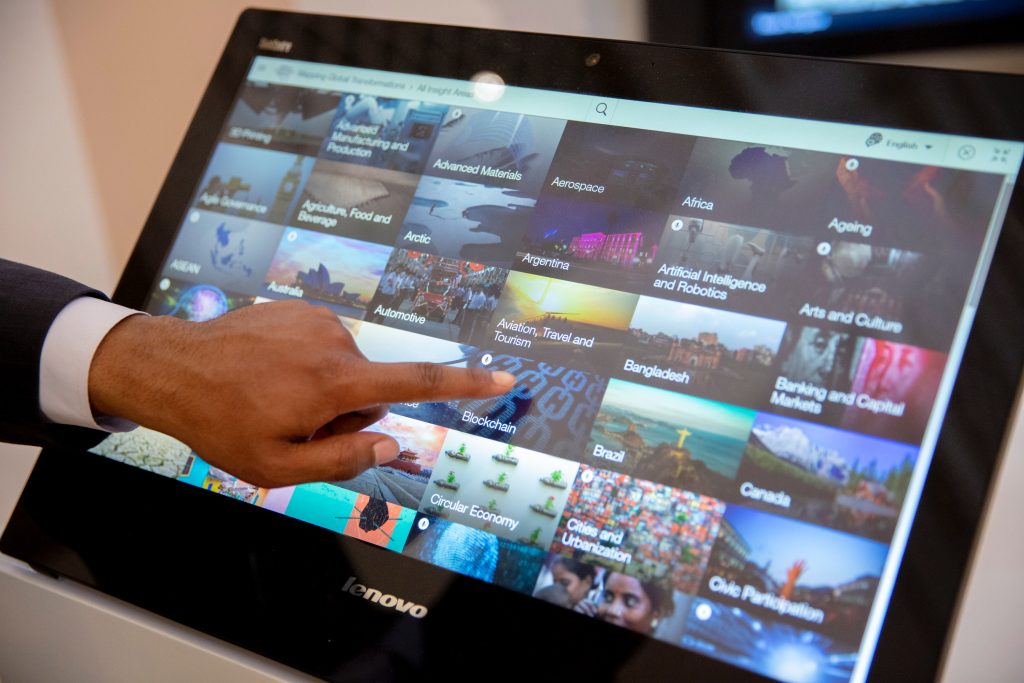
1. More jobs will be created than lost
Gartner reports that AI Will Create 2.3 Million Jobs in 2020, while eliminating 1.8 Million. This will vary by industry with manufacturing being hit the hardest while the public sector, health care and education see a growing job demand.
AI will improve productivity, thus eliminating many middle and low-level roles, but will also create many new highly skilled and management positions, as well as jobs of low skilled and entry-level varieties.
Warnings about job losses usually come as a result of AI being confused with automation and this does not take into account AI augmentation – a combination of AI and human intelligence where they complement each other.
When AI is applied to non-manual work, it will assist humans rather than replace them and a combination of humans and machines will be able to perform better than either humans or AI-driven machines working alone. AI will assist humans with repetitive work while giving them the “final say.”
2. AI will become more “transparent” or explainable
A more widespread adoption of AI will only be possible if AI becomes more transparent. We need to understand what it is doing with data, how it is doing it and what effect this has on our lives. This is hard to convey because what makes it so useful is that it can draw inferences and connections that are not obvious to us.
Building trust in AI is not just about convincing the general public. Some businesses are holding back on using AI because they fear they may face future liabilities if the current technology is found to be unethical or unfair. This is why we’re likely to see increased measures to make AI more transparent.
Nowadays, companies make decisions based on data obtained from management information systems. When AI is merged with decision management systems, it can take decision-making to new heights.
Companies are likely to develop technology that gives real-time insights into decisions being made and how they are made. It will be possible to draw connections between data used, decision weighting and the possibility of bias in information.
3. AI assistants will become more useful
Interacting with AI assistants, such as Siri or Alexa, is becoming more commonplace day by day, helping us to make sense of all the data sources available to us. In AI 2019 scenario, many more people are likely to start using AI assistants to plan their lives, order food, order transport and more.
These assistants will become even more useful as they begin to anticipate our behaviors. Data gathered from users will help application designers to know which features provide value and they will make them increasingly accessible and streamlined.
At present, our conversations with AI assistants are rather stilted but acceleration in the field of natural language algorithms to encode speech into computer-readable data is like to improve communication and in the not-too-distant future we may be having much more natural, flowing discourses with our AI assistants.
Of course, self-driving cars which rely heavily on pattern recognition and machine learning are probably an inevitability in the future. The world’s leading car manufacturers predict that driverless cars will be on the streets before long.
4. Increased deployment of machine learning as a service (MLaaS)
Prebuilt machine learning solutions are becoming more attractive, especially to smaller companies that may not have in-house talent or resources. For those with the technical know-how, this offers a great opportunity to sell packaged solutions that others are able to easily implement.
Established software vendors are introducing AI into their product strategies and analysts predict that by 2020, AI technologies are likely to be found in just about every new software product and service.
The future of AI in education is a hot topic with its use of expected to grow considerably. Amazon SageMaker is one solution that allows education developers to quickly and easily build, train, and deploy machine learning models for use in education.
By leveraging the best attributes of machines and teachers, the vision for AI in education is one where they work together to help students attain the best outcomes. “Write me a research paper” is request that struggling students often make and they turn to online writing services for help. Students who are struggling at home with test preparations might be able to turn to AI for help in the future. The online services help them with college essays, thesis, dissertation and all sorts of writing work.

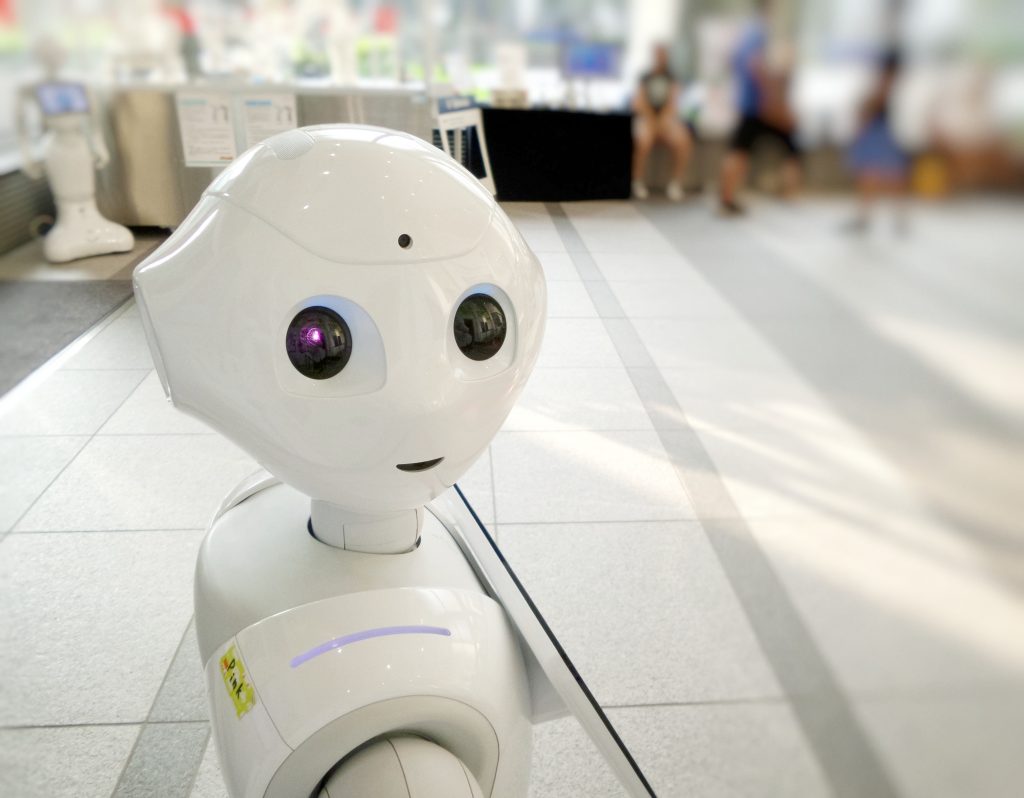
5. AI governance will become more important
As more businesses invest in AI, effective governance structures will need to be developed. Many different stakeholders are involved in using AI successfully and appropriately – making the need for consistent, reliable governance very important.
How AI is implemented and managed needs to be clearly defined. These structures will be necessary if AI is to support decision-making, especially given the current gap in transparency.
6. AI will help to solve AI talent shortages
Last year, a survey released by O’Reilly revealed companies were holding back from implementing AI due to a lack of available talent. An ironic twist is that companies will be able to use AI to solve these talent shortages.
For example, Amazon Personalize allows developers to build personalization systems that can be used in many different ways by various companies. Machine-learning products help developers to train machine-learning models without having any AI coding experience.
7. AI will impact global politics
AI is likely to start playing an increasing role in global politics as international superpowers like the U.S. and China invest in AI. Countries that have machine learning capabilities and AI talent are likely to grow tremendously in areas such as predictive analytics, and this will inevitably create a wider technology gap.
Many conversations are likely to take place around the ethical use of AI, with countries having different attitudes towards this, which will affect political relationships. Some countries may attempt to achieve AI supremacy outside of the confines of international law.
AI is, therefore, likely to start altering the balance of power between global actors in various ways. Challenges to the balance of power in a region could occur if states began to use AI technology to reverse previous military disadvantages.
The bottom line
The reality of AI is here. We are starting to recognize what it is and isn’t, what it can and cannot do. We are starting to separate the real challenges from what we assumed they would be. Businesses need to focus attention on their data foundations, find creative ways to attract and retain AI talent and integrate intelligence into their business processes.
In the near future, we will easily be able to separate those companies who use AI as a buzzword from those who actually deploy it and benefit from it. We’re likely to see companies beginning to evolve naturally as they adopt AI and develop strong revenue streams with economic use cases.
AI will be designed around humans and the best results will come when humans and AI combine and complement each other. AI predictions have changed from machines taking over the world. This widely held fear doesn’t hold true so far. By 2020, however, we can certainly expect AI to augment human capabilities.
There is no doubt that AI is starting to play a role in numerous sectors, such as in customer service, medicine or education. Many companies have already implemented customer service solutions based on AI.
By 2020 many brands will have incorporated AI and Virtual Reality into their marketing, sales and services, enabling customers to move through the sales funnel by themselves, and interact with the business on their own terms. Next year may just be the year when AI is not only marketing hype, but provides solutions that improve products, services and daily lives.
Hopefully you are enjoying the article on AI predictions for the future with us!
Author Bio
Bobbi Sanchez works as an academic writer, editor and proofreader and also runs a tech blog. His main area of interest is business management, science and technology and engineering. He also helps aspiring writers to realize their dreams in field of blogging and college paper writing. In his free time, he sings, plays musical instruments and writes fiction novels.


